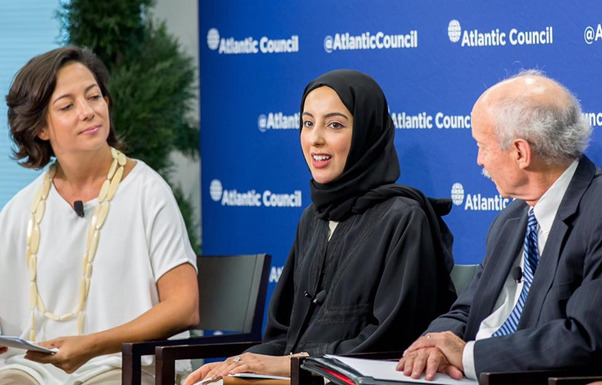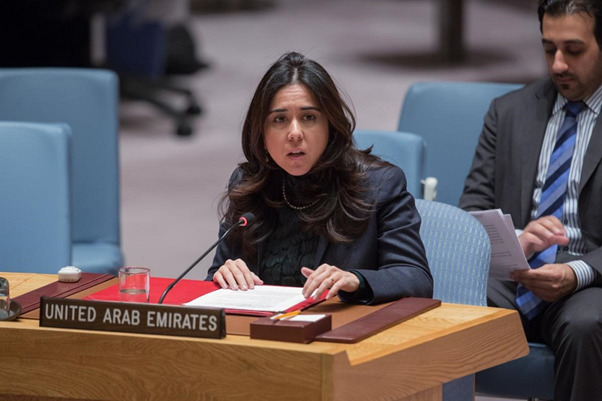The UAE is ranked as a leading country in gender equality in the region, according to the World Economic Forum’s 2021 Global Gender Gap report. This achievement comes from the fundamental belief that women and men are equal partners in society. Through a series of public and private sector initiatives, women are playing an increasingly stronger role in business, government and STEM fields. Learn more here.
Demonstrating the UAE’s progress in women’s inclusion, justice and security, the UAE is ranked 24th among 170 countries and the highest regionally in the Georgetown Institute for Women, Peace and Security’s 2021 WPS Index(link is external).
Gender equality is of paramount importance in the UAE, and the Constitution of the UAE guarantees equal rights for both men and women. Under the Constitution, women enjoy the same legal status, claim to titles, access to education, the right to practice professions, and the right to inherit property as men. Women are also guaranteed the same access to employment, health and family welfare facilities. As a leader of equality in economics, government, education and health, the UAE has been named one of the region’s pioneers.
Equality in Education and Literacy
While the literacy rate of both women and men in the UAE is close to 95%, today, more women than men complete secondary education and enroll in university and post-graduate institutions.
Women in Business
Women in the UAE participate actively in the private sector in various roles. They have equal rights to economic resources, including guaranteed equal pay, as well as access to ownership and control over land and other forms of property, financial services, inheritance and natural resources, in accordance with national laws.
Women in Government
Women’s participation is particularly strong in the public sector. In fact, women hold two-thirds of public sector jobs in the UAE, with 30% in leadership roles and 15% in technical and academic roles.
Highlighting the importance of gender in policy dialogue, the UAE’s Gender Balance Council is a federal entity responsible for developing and implementing initiatives and projects to enhance gender balance. The Council aims to reduce the gender gap across all government sectors and achieve gender balance in decision-making positions.


Meeting and Exceeding International Standards
In 2016, the UAE opened a regional office for UN Women in Abu Dhabi, the first in the region.
In 2004, the UAE became a signatory to the United Nations Convention on the Elimination of All Forms of Discrimination Against Women (CEDAW). The UAE regularly participates in and hosts international conferences on women’s issues and has signed all international treaties on protecting the rights of women. Among these are the Child Protection Convention (1997), the Convention on the Elimination of All Forms of Discrimination against Women, CEDAW, (2004), the Hours of Work (Industry) Convention (1982), the Equal Remuneration Convention (1996), the Convention concerning Night Work of Women Employed in Industry (1982) and the Convention on Minimum Age (1996).
The UAE has also provided support for women’s empowerment programs through multilateral institutions. In 2016, the UAE opened a regional office for UN Women in Abu Dhabi, the first in the region. It has donated over $26 million to the organization since its founding in 2010 and ranked first in the Arab world and tenth globally in resource contribution in 2020. In November 2017, the UAE pledged $50 million to the World Bank’s Women Entrepreneurs Finance Initiative fund.
According to the World Economic Forum’s Global Gender Gap report for 2020, the UAE was one of the region’s best-performing countries, having closed 65.5% of their overall gender gap. The UAE also saw a reduction of the gap with regard to legislators, senior officials and managers, and healthy life expectancy.